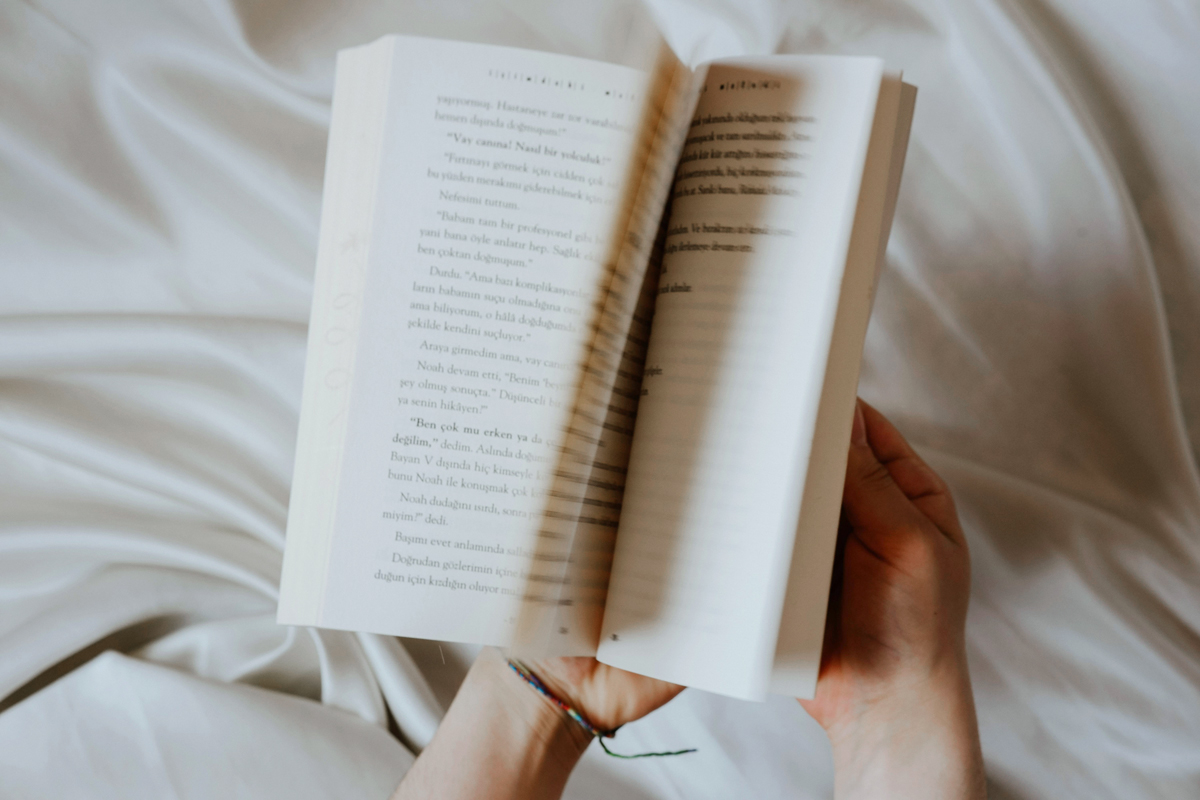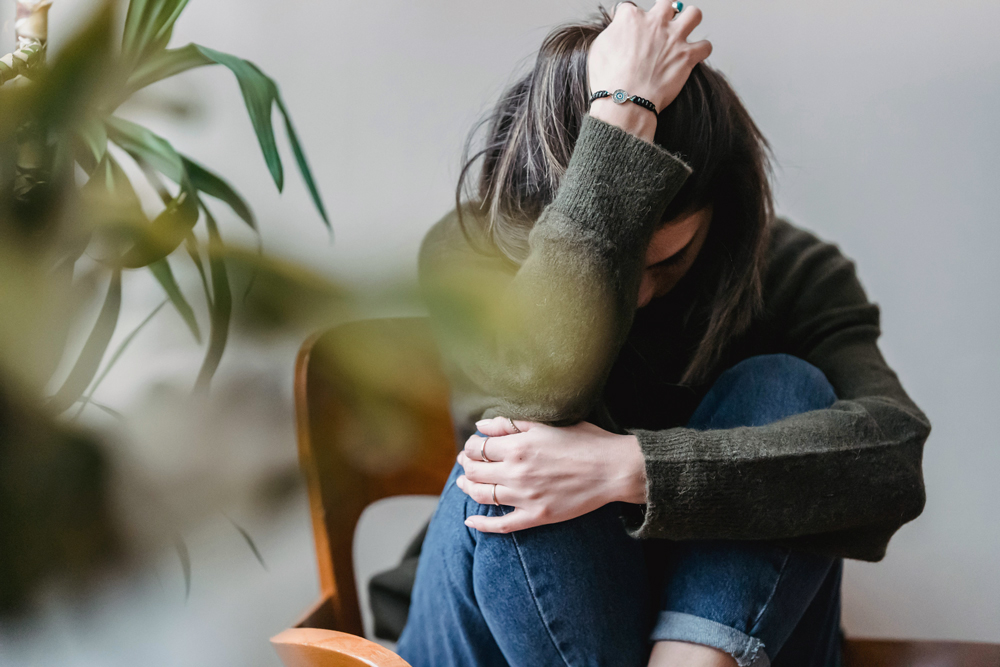How to avoid the downsides of self-help books
While self-help books can be beneficial for self-development and growth, some can be toxic and lead to stress, anxiety, and guilt..read more about these effects on my previous post When self-help books become toxic
Today, we’ll see how to actually avoid the toxicity of self-help books.
Research the author
Before buying a self-help book, take a few moments to do some research on the author’s background and expertise on the subject you are interested in.
Look for books that promote holistic well-being
Seek for books that encourage holistic well-being instead of a narrow definition of what a healthy/happy life should look like. Look for books that acknowledge both positive and negative feelings and experiences.
Read reviews
Take some time to read reviews from other readers. Read positive and negative comments that will help you judge if a book is right for you or not. Pay attention to red flags such as unrealistic promises and toxic positivity.
Diversify
Avoid reading self-books that have the same message, try to diversify so you can have different perspectives and opinions that you can use as a guide to find solutions to your own situations.
Trust your instinct
Trust your instinct when choosing a self-help book. If you can’t resonate with the author’s message or if the message doesn’t align with your values it can be a sign that this book is not for you.
Seek help from professionals
If you are dealing with complicated challenges or mental health issues, don’t hesitate to seek support from qualified professionals. Self-help books are great but for some situations the guidance of a therapist or counselor is needed.

Approach self-help books with a critical mindset. Don’t believe everything you see and unrealistic promises. Remember that personal development is a long journey. You can’t see positive outcomes overnight. Take your time and enjoy the process of seeing yourself grow.




